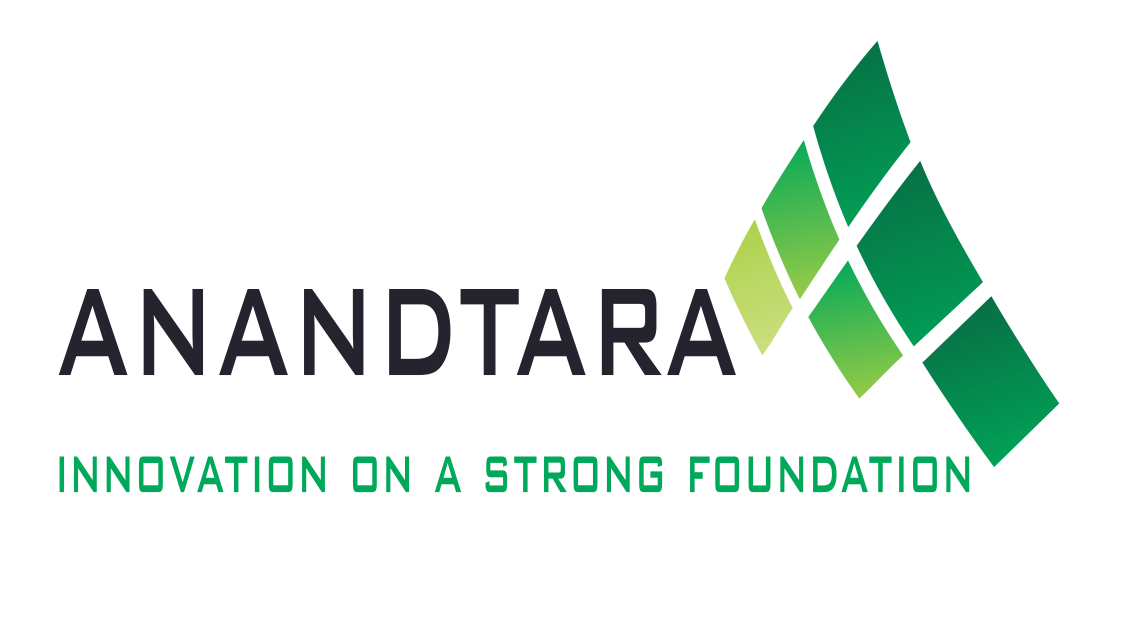Investing in real estate and the stock market are two popular avenues for wealth creation. If you’re planning to invest, then you must know both options have their pros and cons, which are crucial to understand before making an informed decision. Let’s examine the advantages and disadvantages of real estate investing vs stock market investing, highlighting key factors such as return on investment (ROI), liquidity, taxation and growth potential.
Whether to invest in real estate or stocks is a personal choice that depends on your financial situation, risk tolerance, goals and investment style. Stock market investing offers high potential for short-term returns, especially with strategic investments. It provides liquidity, allowing for quick access to funds and diversification opportunities through various asset classes and sectors. But, in terms of predictability, the stock market is inherently unpredictable and directly exposed to market fluctuations. On the other hand, Real estate investing offers several benefits, including stable, long-term growth through rental income and property appreciation. It provides a tangible asset with the potential for high returns and tax benefits, such as mortgage interest and property tax deductions. Additionally, investors have physical control over the asset.
Pune’s real estate market has witnessed significant growth in recent years, driven by factors such as IT/ITeS sector growth, infrastructure development, and growing demand for residential and commercial spaces. According to a report by Knight Frank India, Pune’s residential market saw a 15% increase in sales in 2022 compared to the previous year, with average property prices ranging from ₹5,500 to ₹7,000 per square foot. Comparing the returns of real estate & stock market the factors that affect prices, values & returns are very distinct. However, we can get a general idea by comparing the total returns of the SPDR S&P 500 ETF (SPY). A study by the National Association of Realtors (NAR) reveals that the Indian real estate market has consistently delivered returns of 8-12% per annum over the past decade. In comparison, the S&P BSE Sensex has provided returns of around 12-15% per annum during the same period. The Pune real estate market has yielded average annual returns of 9.5% per annum from 2013 to 2022, offering a relatively stable and low-risk investment opportunity.
Restate and stock market both investments have their Pros and Cons. While real estate offers stable, long-term growth and tax benefits, the stock market provides a high potential for short-term returns and liquidity. Ultimately, the choice between real estate and stock market investing depends on individual financial goals, risk tolerance and investment style. If you’re considering investing in real estate in Pune, Anandtara Real Estate is an excellent choice. They offer commercial and residential spaces in prime locations, providing opportunities for high returns.


